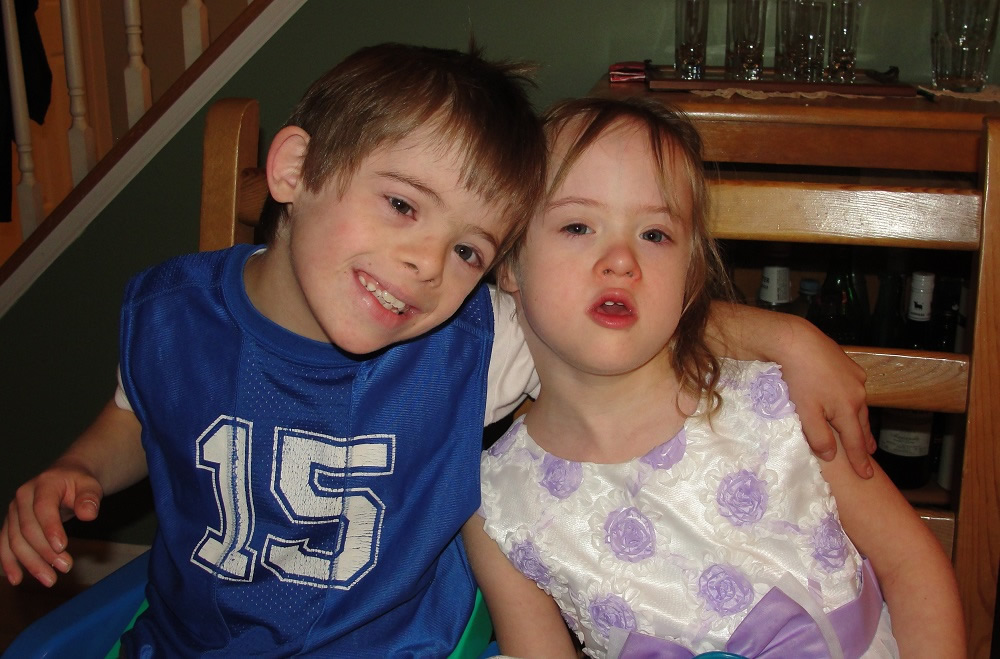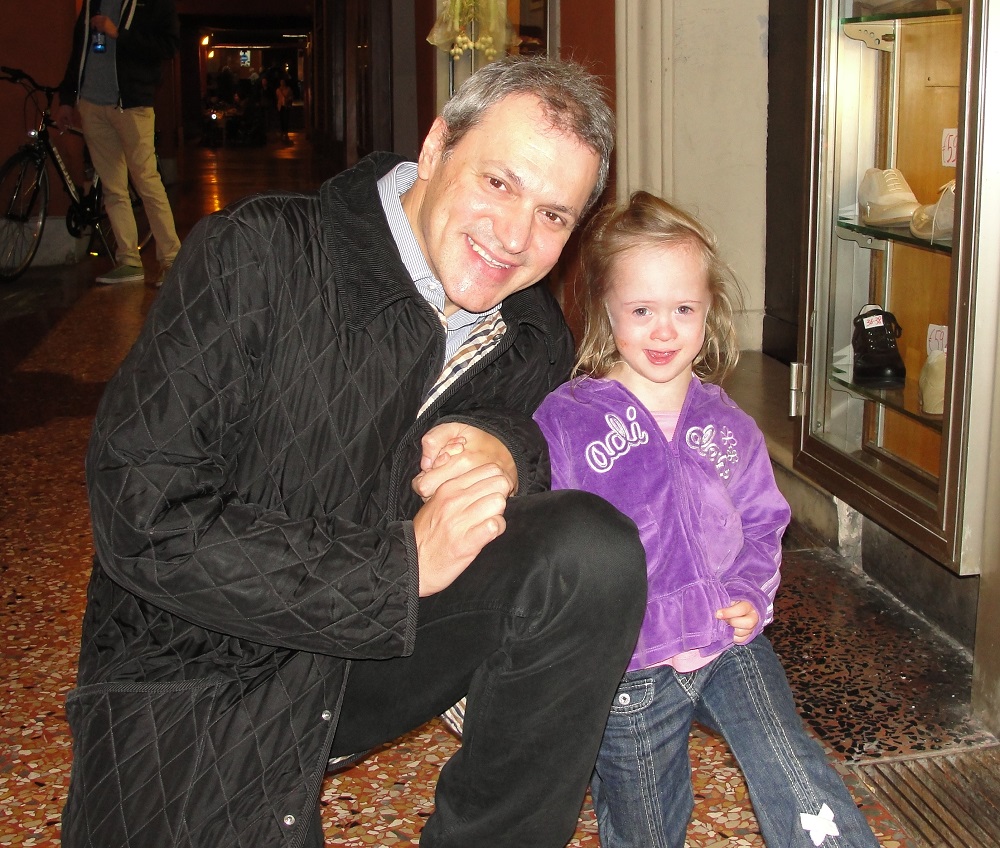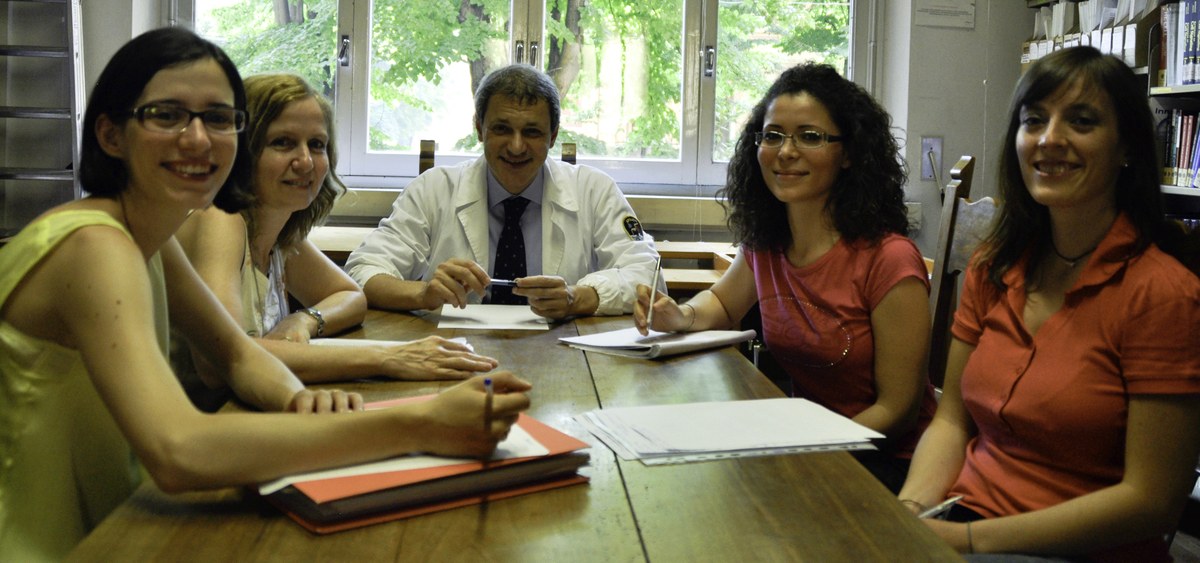Our story

Hello! My name is Federica and I am a very active 5 year old girl who is deeply in love with life. In this picture, I am with my dear friend Davide. We both were born with Down Syndrome, but this is not what we mainly have in common. There is so much more: we both love books, music, and swimming. We are very persistent and we take great pride in our achievements. Like all authentic Italians, we live on pasta and pizza.
Watch a video of us eating pasta together!
We love spending time together. Davide can already read and write and I love when we sit together and he reads me a story. Our laughter and happiness are absolutely contagious! People are always amazed by our kindness and ability to empathize with others. Many times, they do not even realize we have developmental delays, and they just look at us like any other child our age. And this is very nice because, although we were born with Down Syndrome, we are no different from our peers: we are curious, eager to learn, and love to have fun. We do happen to have an extra chromosome — precisely, an extra copy of chromosome 21 — and that is why the scientific name of our genetic condition is Trisomy 21. This extra chromosome significantly affects our cognitive abilities and delays the achievement of our developmental milestones. It is harder and usually takes more time for us to master the skills our peers acquire so easily. When we grow up, we might not be able to live as independently as our peers.

As of today, researchers do not know what causes Down Syndrome or how to prevent the delays caused by the extra copy of chromosome 21. Research on Down Syndrome is crucial to enhance the quality of life of people living with this condition and enable them to live independently in adulthood. In this picture, I am with a dear friend of ours: his name is Pierluigi. Davide and I have many friends, but Pierluigi is a very special one. He is an extraordinarily talented and passionate researcher who leads a team of other talented researchers in the Department of Genomics at the University of Bologna, Italy. Pierluigi and his team have devoted their research efforts to finding a treatment to improve the quality of life of people with Down Syndrome. They are pursuing an innovative and very promising line of research to understand how the extra chromosome impacts the functioning of the brain. You can read more about the team, their research goals and results to date here.
Make a difference, donate now!
Financial support is essential to enable this wonderful group of researchers to pursue their research, but funding is currently very scarce. Please support their effort to find a treatment for Down Syndrome. Make a donation now! Even a small donation can make a big difference, and all donations will go entirely towards supporting the research team (no fraction of the donation amount will go toward administrative costs or other costs not directly related to supporting the research effort). For more information on how the money will be spent, please click here.
 Italiano
Italiano English
English

 :
: :
: February 21, 2016 — €565
February 21, 2016 — €565 Up
Up

